 Horsham Eco Churches
Horsham Eco Churches
Horsham Eco Churches was set up by Silver Eco Church Award winning St Mark’s Church and Brighton Road Baptist Church through Horsham Churches Together (HCT). We encourage and inspire other churches on their Eco Church journey, and seven other HCT Churches have already registered with A Rocha UK’s Eco Church award scheme.
Covid-19 marks a threshold to a very different future, Horsham Eco Churches continue to work in partnership with local sustainability groups, promoting local initiatives and raising the profile of environmental issues in our congregations and community. Many are living in fear, but churches and community groups can help people find out what they can do and together we can make a difference, caring for each other and God’s wonderful world.
Read Horsham Eco Churches News.
Dr William Bird GP, on BBC Breakfast on 24th October, talked about how the current COVID-19 restrictions affect how people are feeling, he advised: “Ration your news, don’t listen to the news all the time.” With 24-hour news, social media and news notifications we can easily be bombarded with too much news. To help us get through the winter his advice also included: get day light, connect to nature, exercise every day, eat fruit and vegetables, connect with people, look up old friends, get new hobbies, learn new things, help others and be thankful. If you are struggling in any way please reach out to friends, family, your GP, Foodbank, church and others for support.
In this blog written for Sussex Green Living we explore some ways you can connect to nature, have fun, help wildlife, yourself, and other people. Read more
 We are all guilty of wasting food but did you know that 25% of food wasted in UK households is due to cooking, preparing or serving too much? This costs us £3.5 billion a year. So being savvy with our food can prevent waste and save us money, not to mention the benefit to the environment. About 6%-8% of all human-caused greenhouse gas emissions could be reduced if we stop wasting food.
We are all guilty of wasting food but did you know that 25% of food wasted in UK households is due to cooking, preparing or serving too much? This costs us £3.5 billion a year. So being savvy with our food can prevent waste and save us money, not to mention the benefit to the environment. About 6%-8% of all human-caused greenhouse gas emissions could be reduced if we stop wasting food.


 2023 is the tenth anniversary of Veganuary, a month during which people don’t fast entirely, but simply commit to just eating plants.
2023 is the tenth anniversary of Veganuary, a month during which people don’t fast entirely, but simply commit to just eating plants.


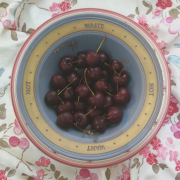
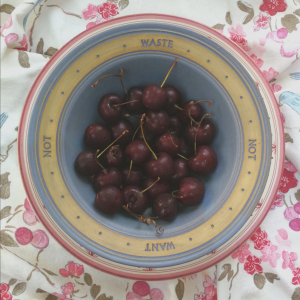
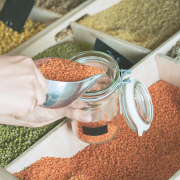
 I’ve always considered myself to be a bit of a greenie, I recycle after all! However, last month I took part in The Big Plastic Count organised by Greenpeace and Everyday Plastic. The aim was to count my plastic packaging waste over the course of a week and record it as part of a nationwide study to understand how much plastic waste we are creating in the UK.
I’ve always considered myself to be a bit of a greenie, I recycle after all! However, last month I took part in The Big Plastic Count organised by Greenpeace and Everyday Plastic. The aim was to count my plastic packaging waste over the course of a week and record it as part of a nationwide study to understand how much plastic waste we are creating in the UK. 

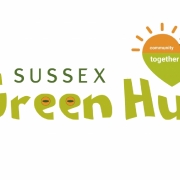
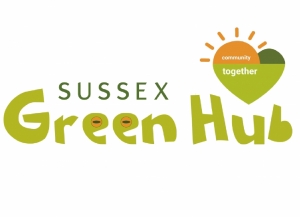









 Horsham Eco Churches
Horsham Eco Churches 




